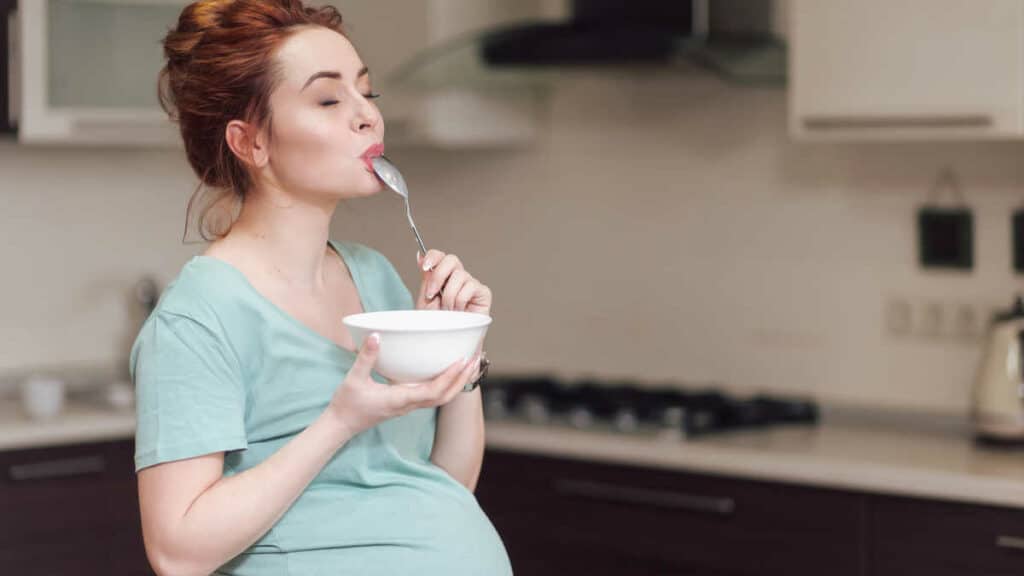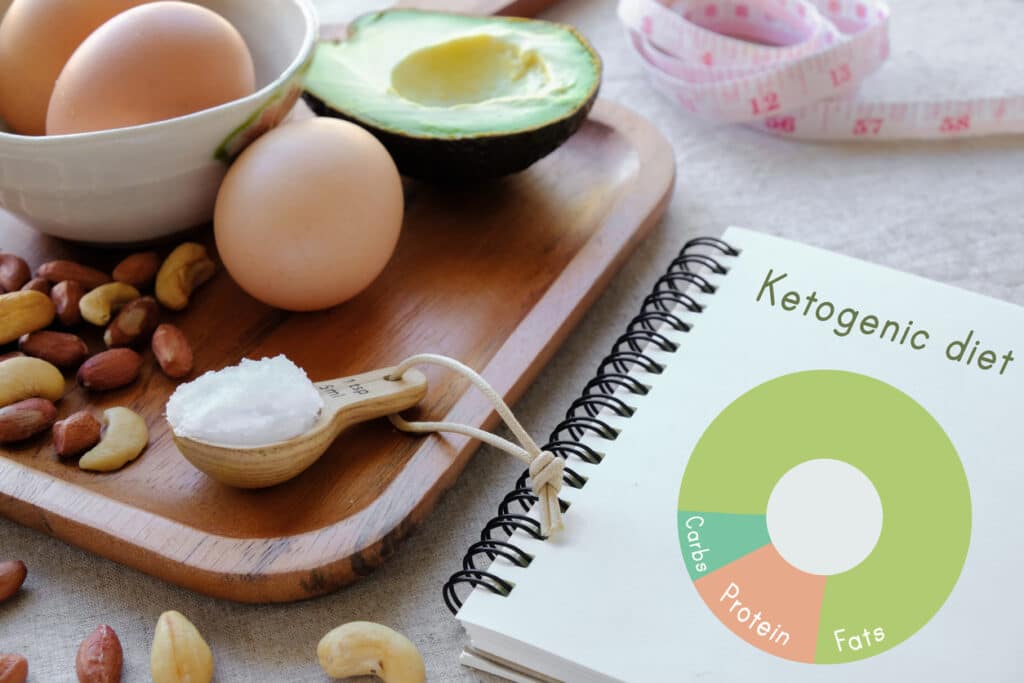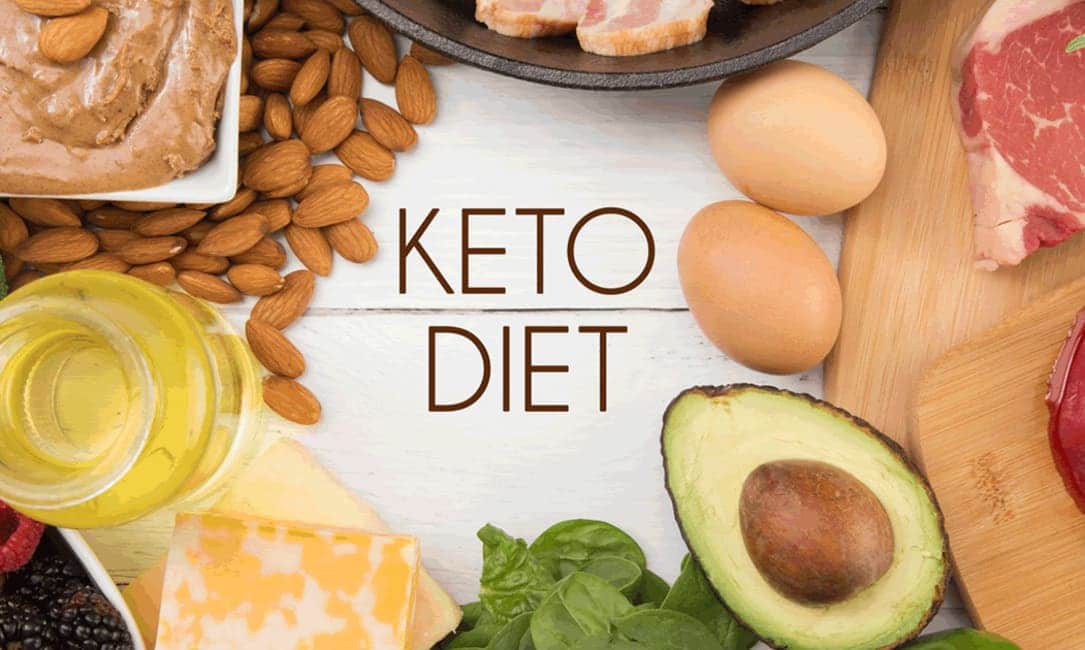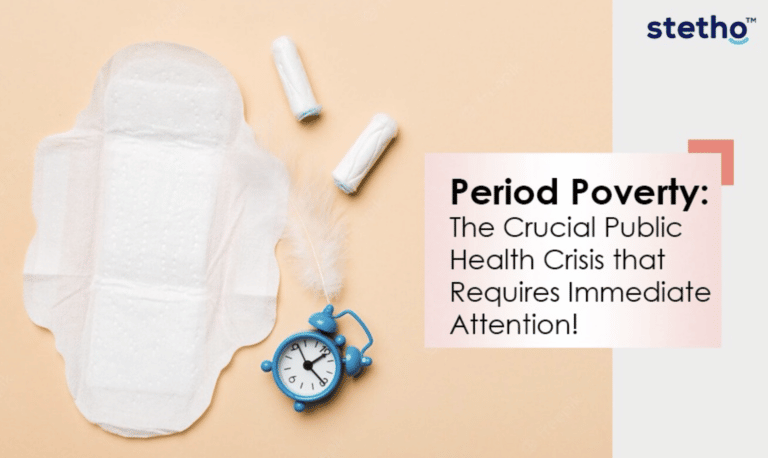The ketogenic diet is a low-carb, high fat, and moderate protein diet. The idea behind the keto diet is to trick your body into using fat as fuel instead of carbs. By limiting carbs in your daily intake you can burn more calories which leads to weight loss.
In recent years, more people have been following keto diets because it has been reported to have many health benefits such as lose weight, lower blood sugar levels, reduced risk of heart disease and diabetes, etc.
In This Article
What is ketogenic diet?

The ketogenic diet is often called ketosis or “keto” for short. It’s a high-fat, high-protein, low-carb diets plan. The goal is to push your body into a state of ketosis which will allow the body to burn fat more efficiently for energy. It leads many people try this way of eating as an effective weight-loss tool. And it probably has more than just one explanation for its benefit.
According to some experts, benefits of the Keto Diet may include better hunger control and improved mental clarity – along with more oxygen perfusing your brain cells and more nutrients getting delivered via the bloodstream. Even though ketogenic diet are popular, there is a lack of scientific evidence on their safety and efficacy during pregnancy.
Ketones are compounds produced in the liver that act as cellular power sources when glucose (our typical fuel source) is unavailable. They’re just like other fuels but also contain cleansing properties to remove waste products from inside each cell because they aren’t processed through the liver.
Did Keto diet is safe for pregnant women?

The typical keto diet during pregnancy is not safe because it can cause health problems for both the mother and baby. These problems include hypoglycemia, ketoacidosis, early labor, and reduced blood flow. A balanced diet that includes carbohydrates is essential for the health of both the mother and her developing baby. And keto diet reduces the basic level of daily calories, saturated fats and carbohydrates.
Therefore, Hypoglycemia and ketoacidosis can also endanger your pregnancy, both resulting from a lack of glucose to fuel the body. Plus, you run the risk of inducing early labor due to a general reduction in calorie intake. The last thing an expectant mother need is to be at risk for reduced blood flow during gestation through starvation or poisoning by altered brain chemistry caused by inadequate food intake.
Generally, for gestational diabetes or kidney disease patients, low-carbohydrate diets are considered safe and effective. But healthy pregnancy should consider a ketogenic diet only if they have health care providers (e.g., physicians, registered dietitians) who are familiar with its use and can monitor both the mother and baby throughout the pregnancy for any negative effects.
What are the risks of keto diet during pregnancies?

The keto diet risk during pregnancy is still being studied, and it’s important to talk to your doctor before starting the diet if you’re pregnant. There’s some concern that a very low-carb diet isn’t safe during pregnancy. It could increase the risk of birth defects, premature labor, and other problems. So, there are following risks associated with the keto diet during pregnancy, which is why it’s not considered safe. These include:
1. Hypoglycemia
Since this diet is very low in carbohydrates, it can cause insulin levels to drop. Low insulin levels in the blood are one of the most common causes of hypoglycemia during pregnancy. The saturated fat in the keto diet can also make it difficult to maintain normal blood sugar levels. And for pregnant women, healthy fats are important for fetal brain development. Ketone bodies can cross the placenta and affect the baby’s growth. And for fertility hormones, insulin is an important nutrient for creating and maintaining a healthy pregnancy.
2. Maternal ketosis
When pregnant moms follow the ketogenic diet, they can develop a condition called maternal ketosis. This is when the body starts breaking down stored fat to use for energy. While this is generally safe, it can lead to a number of issues, including dehydration, low blood sugar, slow fetal development, and even ketoacidosis. Ketoacidosis is a serious condition that can occur when there’s too much acid in the blood. It can cause vomiting, abdominal pain, and a higher risk of keto flu infection. The condition can also be life-threatening for both you and your baby if not treated immediately.
3. Hypothyroidism
Ketogenic diets can cause problems with the thyroid gland. For those who already have thyroid issues, it’s even more critical to check in with your doctor before starting this diet plan. On the other hand, if you develop hypothyroidism while pregnant, following a keto diet can make it worse. Because the keto diet focuses on low-carb and high-fat intake, it can be detrimental to your health and well-being.
4. Gestational diabetes
Women who have developed gestational diabetes during pregnancy must stick closely to low-carb diets. Studies show that following a keto diet improves insulin resistance and can help prevent developing type II diabetes. In addition, a keto diet lowers blood levels and reduces the risk of gestational diabetes after pregnancy. However, pregnant women should consult with their healthcare team before starting this or any other plan of diet during pregnancy.
5. Increased risk of prematurity and low birth weight
Keto diets have been associated with an increased risk of prematurity and low birth weight. The nutrient-dense foods in a keto diet can help to promote a healthy or safe pregnancy, but if you’re not eating enough, it could lead to problems. The pregnant mice in one study had smaller litters, and their pups were underweight. It means the keto diet especially should be carefully monitored for pregnant lady.
6. Polycystic ovary syndrome
The keto diet has been shown to improve the symptoms of polycystic ovary syndrome (PCOS), which is common in those with insulin resistance or those who are overweight. But women who are already experiencing insulin resistance in pregnancy are at greater risk of having problems with their health. The result is too many ketones in the blood, which can be harmful to the baby. And too much-saturated fat can also lead to higher cholesterol levels.
What are the common side effects of the Keto diet?

As we have said above that the keto diet is a high-fat, low-carbohydrate diet that causes the body to enter a state of ketosis. Ketosis is a metabolic process that occurs when the body doesn’t have enough carbohydrates to burn for energy, so it burns stored fat instead. The keto diets side effects may include the following:
1. Dizziness
This is usually caused by dehydration or low sugar of blood. Because of lose weight condition in the keto diets, you might feel dizzy when you stand up suddenly. In Dizziness lean protein is also affect the health of expected moms. Because the excess protein consumption in the keto diet could also lead to dizziness, therefore, you should control your protein consumption.
2. Nausea or vomiting
The keto diets commonly cause nausea and vomiting, abdominal pain, diarrhea, and constipation during the first few weeks. It is the sudden change in your diet that makes ketosis kick in quicker than usual and produces such symptoms. Folic acid supplements or ginger can help to reduce nausea. For developing fetus, it may cause harm if the mother suffers from nausea frequently.
3. Headache

The higher protein intake and insufficient fluid may cause dehydration. Dehydration is the biggest reason for headaches during this diet. So drink lots of water and salt your foods to prevent it. A prenatal vitamin can help to get rid of these headaches. As well as medical supervision if headaches persist and are accompanied by other symptoms.
4. Fatigue
This is the most common side effect of ketosis. When your body is in ketosis, it’s using up a lot of its energy resources to convert fat into ketones, so you may feel tired and lack energy. The body is going through big changes and it takes time to adjust. So, give yourself some time to get used to the diet and be patient.
5. Insomnia
People who follow the keto diet often experience difficulty falling asleep and staying asleep. In pregnancy, keto diets can cause insomnia. Therefore, pregnant women who want to follow the keto diet should aim for at least seven to eight hours of sleep per night. For embryonic growth and neurodevelopment, pregnant women need more sleep than usual.
The Conclusion
The keto diet is not recommended for pregnant women, as the high fat intake can lead to risks. However, there are some ways that people can still follow a low carb lifestyle while pregnant if they are careful about what foods they eat. There are also many benefits of following a ketogenic diet during pregnancy, so it’s important to talk with your doctor before starting one. We hope this blog post has given you a better understanding of what to expect after the embryo transfer process. If you have any questions, please don’t hesitate to reach out!











